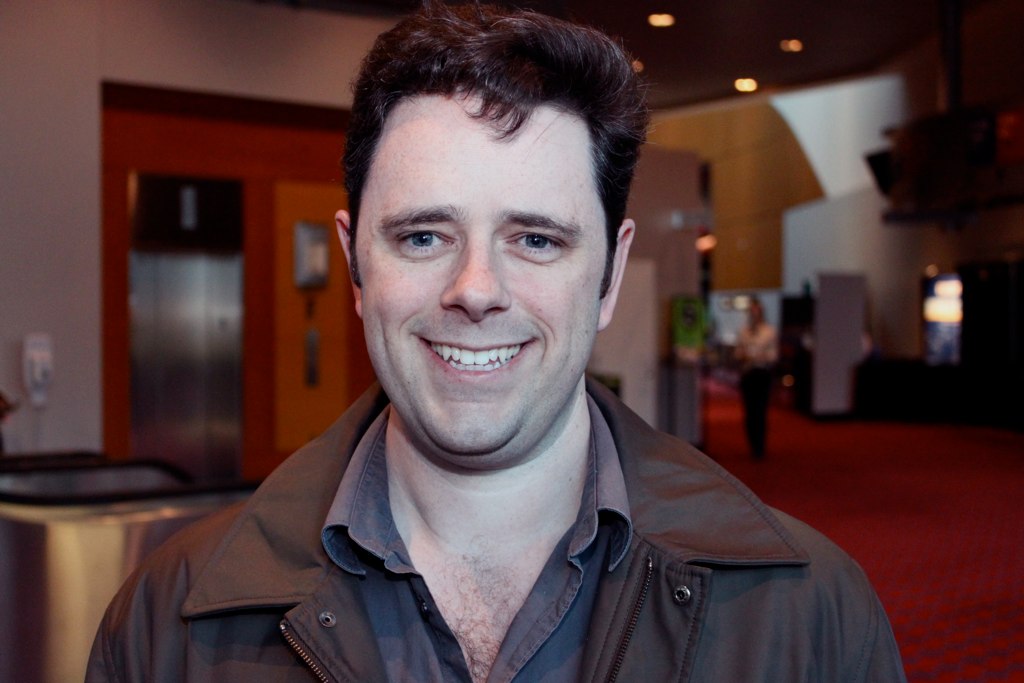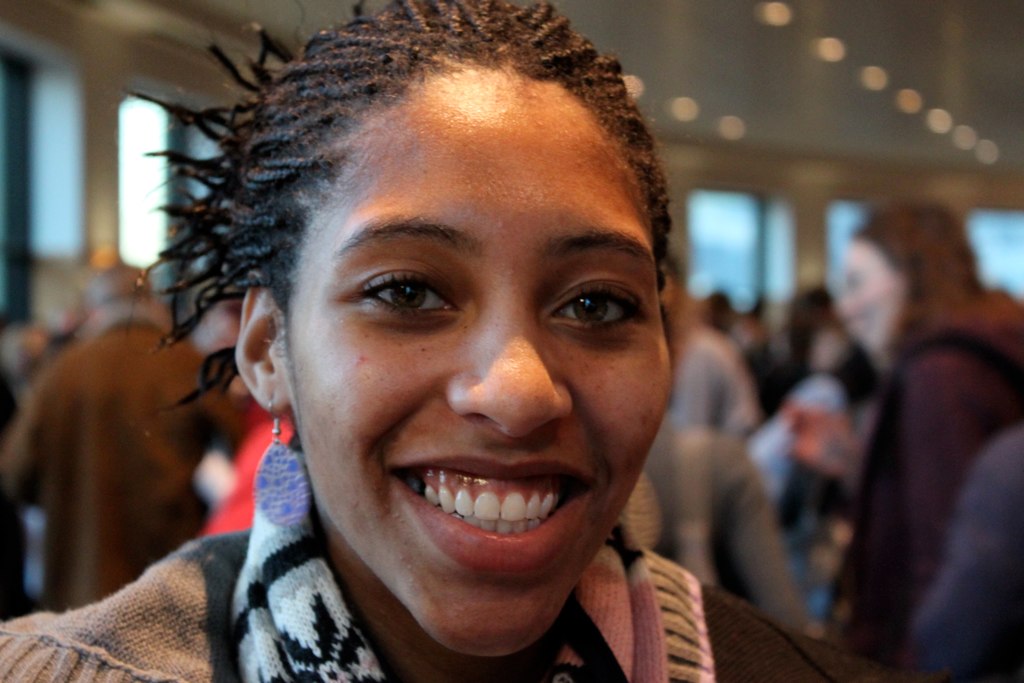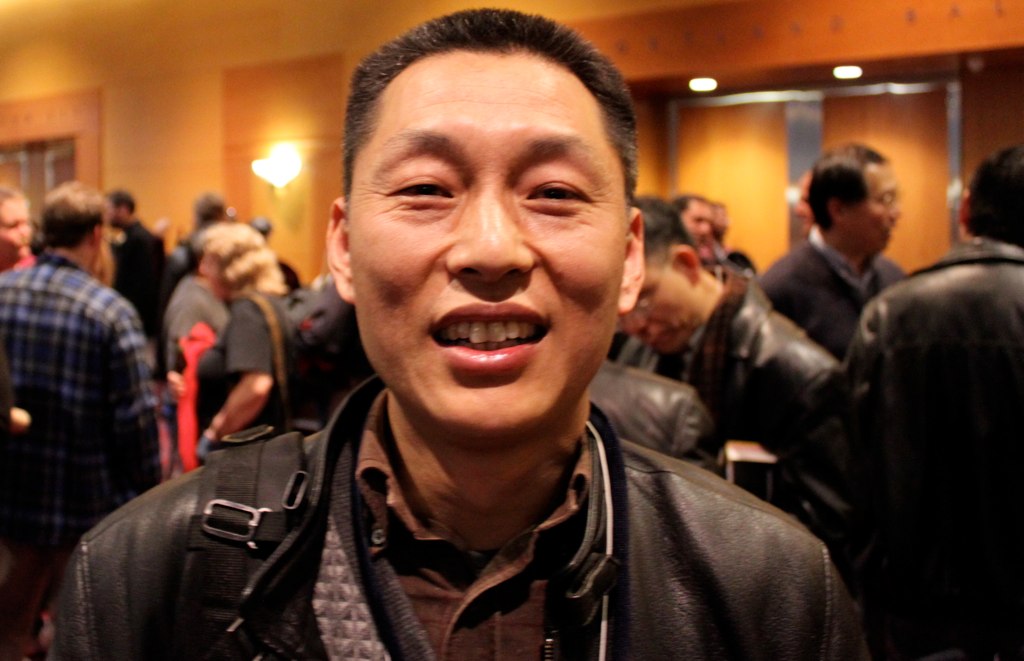21 February 2010
What brings people to the 2010 Ocean Sciences?
Posted by Michael McFadden
“I am chairing a session on satellite altimetry research on Friday. It promises to be very exciting, because hopefully people are going to argue with each other about what the oceans are doing.”
Josh Willis, NASA’s Jet Propulsion Lab
“I’m a sophomore in marine biology. This is my first time at Ocean Sciences. I will not be presenting; I’m watching and observing. I’m currently doing undergrad research with phytoplankton and becoming fascinated with it. Most of the time, all you hear about is dolphins and sharks, but I want to learn what’s in the oceans beyond the larger creatures.”
Annalisa Brown, University of California, Santa Cruz
“The field has been changing a lot during the last years; there’s a very strong combination of different sciences coming together with the incentive of climate change and ocean acidification, because we have to study these complex problems with a multidisciplinary approach.”
Louis Legendre (right), Pierre and Marie Curie University (At left is Frede Thingstad, University of Bergen)
“I’m a chemical oceanographer and I’ve been coming to this meeting for the last 16 years. I only missed it in 2008, because my daughter had been born only two months earlier and I didn’t feel like dragging her half way across the country. I do something at this meeting you might think is strange: I go to sessions about topics I know very little about. Last time I was hear, ocean acidification was becoming a big deal and now there are a lot of sessions on the topic. So I’m looking forward to what they’ll be talking about. ”
Mandy Joye, University of Georgia (at the meeting with her daughter Sophie and husband Kristof Meile, also an oceanographer)
“This meeting is always a big event for my community – and this year is the largest ever! There’s a full menu of offerings; the real challenge is to find a way to see as many different sessions as possible. Besides the science, I also like to see old friends and meet new people.”
Mike McPhaden, NOAA and AGU President Elect (with his wife Betsy McPhaden)
“I have come here to learn about marine technology, what’s for the future. My research is on seafloor observation: my group installs equipment at the bottom of the Eastern China Sea to monitor what’s going on there.”
Huiping Xu, Tongji University
— Maria-José Viñas, AGU science writer
















 GeoSpace is a blog on Earth and space science, managed by AGU’s Public Information staff. The blog features posts by AGU writers and guest contributors on all sorts of relevant science topics, but with a focus on new research and geo and space sciences-related stories that are currently in the news.
GeoSpace is a blog on Earth and space science, managed by AGU’s Public Information staff. The blog features posts by AGU writers and guest contributors on all sorts of relevant science topics, but with a focus on new research and geo and space sciences-related stories that are currently in the news.